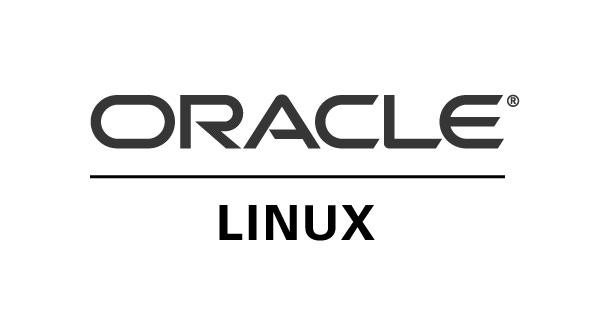Oracle (ORCL) has unveiled a major new version of its open source enterprise computing platform, Oracle Linux 7. Alongside updates to the latest open source virtualization and storage technology, the release also includes the Unbreakable Enterprise Kernel 3, the company's signature value-added feature for its Linux distribution.

Oracle (ORCL) has unveiled a major new version of its open source enterprise computing platform, Oracle Linux 7. Alongside updates to the latest open source virtualization and storage technology, the release also includes the Unbreakable Enterprise Kernel 3, the company's signature value-added feature for its Linux distribution.
Since Oracle Linux is a repackaged version of Red Hat Enterprise Linux (RHEL), most of the software updates available in Oracle Linux 7 reflect upstream work by Red Hat and other open source projects. Those include enhancements to the XFS and btrfs file storage systems, the Linux Containers and Xen virtualization platforms, the dtrace debugging system and Ksplice, a tool for updating the Linux kernel without requiring a server reboot.
Oracle Linux 7 runs on the Unbreakable Enterprise Kernel Release 3, a modified version of the mainline Linux kernel that Oracle tailors for enterprise computing deployments. The company debuted version 3 of the UEK, the key standout feature that it uses to distinguish its Linux distribution from competitors', in fall 2013.
Oracle is also pitching the new release as "the only major enterprise Linux distribution that publishes all bug fixes and security errata publicly, providing more flexibility and choice than other commercial Linux distributions."
But most of all, it's the commercial support plan for Oracle Linux 7—which itself is available freely, with enterprise support offered as an optional add-on—that will likely prove the biggest factor in organizations' decision to adopt the platform, since that is the most significant difference between Oracle Linux and alternatives such as RHEL. Oracle currently counts 12,000 customers for its paid support plan, it said.
About the Author(s)
You May Also Like


